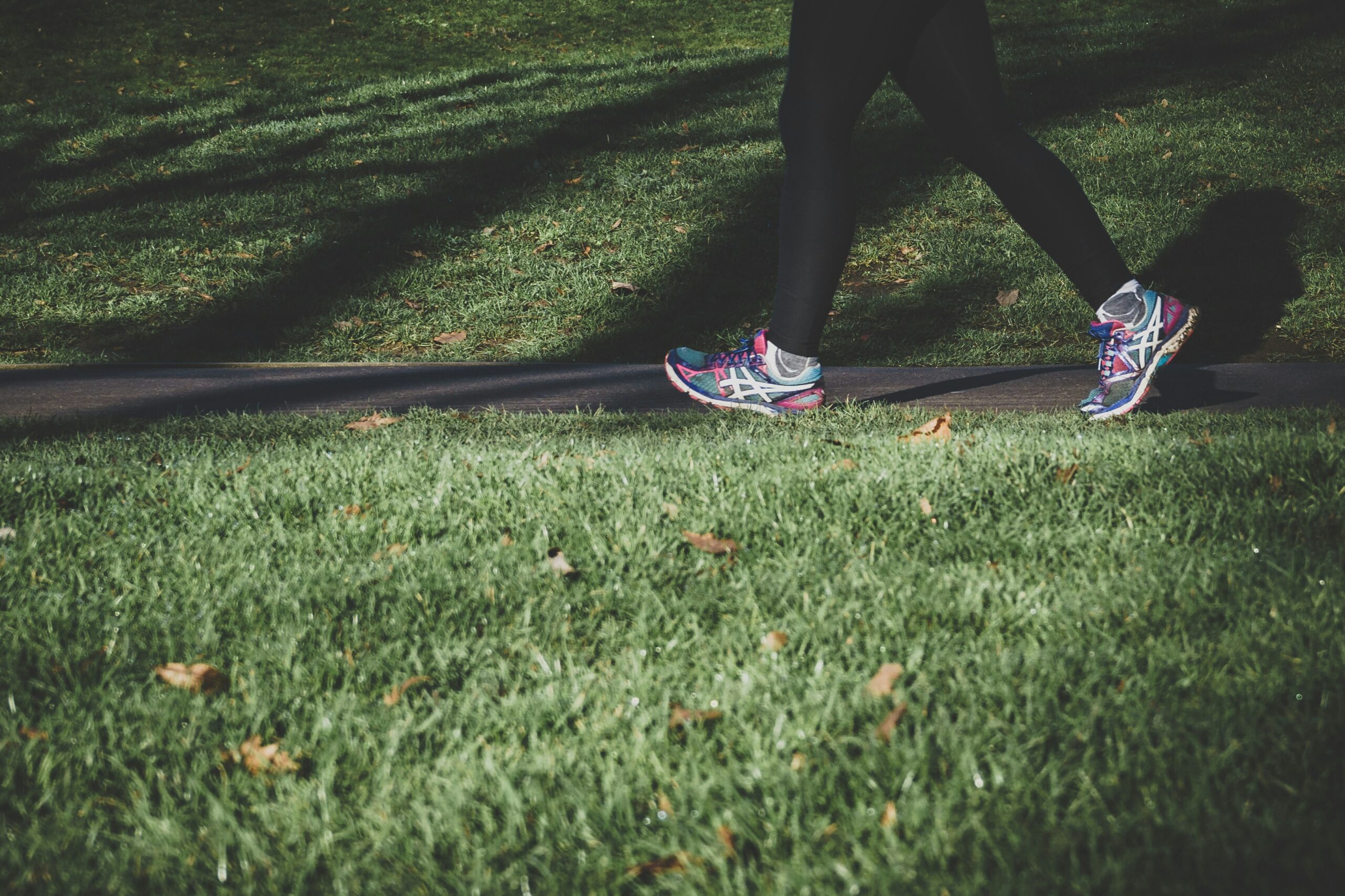The Scientifically Proven Benefits of Three 10-Minute Walks a Day
Navigating the fast-paced rhythm of life, carving out moments for exercise can seem like a Herculean task. Though we all somehow make time for the things we see as a priority. The science is clear: integrating more activity throughout the day has no drawbacks, only positives. And using three brisk 10-minute walks a day can usher in a wide array of health benefits. This blog post delves into the scientifically validated merits of this straightforward, yet profoundly impactful exercise approach.
Enhanced Cardiovascular Health
Research robustly confirms that brief, consistent walks markedly bolster cardiovascular wellness. A pivotal study in the American Journal of Hypertension discovered that three 10-minute walks spread throughout the day could significantly lower blood pressure among individuals grappling with hypertension. Moreover, investigations published in the Journal of the American College of Cardiology illustrate that habitual short walks can mitigate cholesterol levels and augment heart function, diminishing heart disease risks. Such findings underscore the efficacy of this accessible exercise in fostering heart health (Miyai et al., 2002; Murphy et al., 2015).
Elevated Mood and Mental Well-being
The psychological uplift from walking is well-documented across numerous studies. Physical activity triggers endorphin release, enhancing mood while alleviating stress and anxiety. Research featured in Health Psychology highlighted that even brief walking sessions could substantially improve mood states. Further, a study in JAMA Network Open linked daily walking with a decreased risk of depression onset, showcasing walking’s profound effect on mental health (Ekkekakis, 2015; Choi et al., 2019).
Increased Energy Levels
Before you reach for that midday caffeine boost, consider the revitalizing power of a 10-minute walk. Studies in Physiology & Behavior point to short walks as a means to enhance blood flow and oxygenation to the brain, naturally elevating energy levels and alertness, a testament to walking’s invigorating benefits (Thayer et al., 1994).
Weight Management
While individual 10-minute walks might not be significant calorie burners, their collective impact fosters weight control. Research in the International Journal of Obesity shows that segmenting physical activity into shorter episodes, like three 10-minute walks, aids in thwarting weight gain while promoting fitness, highlighting an effective strategy for maintaining a healthy weight (Murphy et al., 2002).
Improved Digestion
Post-meal walks are proven to facilitate digestion. Findings in Applied Physiology, Nutrition, and Metabolism indicate that walks following meals can temper blood sugar spikes and stimulate digestive tract mobility, thus mitigating bloating and discomfort, emphasizing walking’s role in digestive health (DiPietro et al., 2013).
Enhanced Creativity
Walking’s connection to heightened creativity is grounded in scientific evidence. A study in PLOS ONE demonstrated that walking fosters divergent thinking, a crucial creativity component. Incorporating brief walking breaks into your workday can thus amplify problem-solving capabilities and ignite innovation (Oppezzo & Schwartz, 2014).
Better Sleep
Consistent, short-duration physical activities, such as walking, are beneficial for sleep quality. Research in Sleep Medicine reveals that daytime walking assists in circadian rhythm regulation, facilitating easier sleep onset and continuity, highlighting walking’s role in sleep enhancement (Dzierzewski et al., 2014).
Joint and Muscle Health
Walking, a low-impact exercise, is kind to joints and muscles. A Journal of Orthopaedic & Sports Physical Therapy study found that regular walking improves joint flexibility and wards off conditions like osteoarthritis, besides fortifying leg, core, and back muscles, underscoring the importance of walking in musculoskeletal health (Hootman et al., 2012).
Increased Social Interaction
Brief walks are prime for fostering social engagement, crucial for emotional wellness. Brief interactions during break strolls or communal walks enhance connectedness and overall well-being, spotlighting walking’s social benefits.
Easy to Incorporate into Your Routine
The simplicity of integrating three 10-minute walks daily stands as one of its most compelling traits. No need for elaborate gear or memberships—just a pair of comfy shoes and a sliver of time. Whether it’s circling your neighborhood, navigating your office, or exploring a nearby park, this regimen is accessible to all.
The scientific consensus is seemingly undeniable: three 10-minute walks daily can promote a host of health benefits, spanning cardiovascular improvement to mental and creative uplifts. Hence, let’s not overlook the potent impact of these brief activity spurts. Step out, embrace the scientifically endorsed benefits of a short stroll, and witness the profound rewards on your physical and mental well-being. Your body and mind will indeed be grateful. If you think about it, pray as you walk and connect your faith & fitness.


